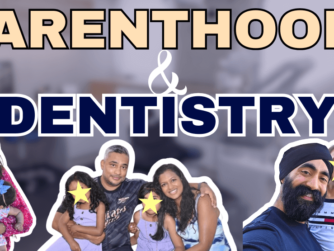Podcast: Play in new window | Download (Duration: 1:05:09 — 91.9MB)
Subscribe: RSS
Welcome to my 2nd Interference Cast – based on Jordan Peterson’s book 12 Rules for Life.
David Bretton and I came up with our very own 12 Rules for Dentistry!
I had David come on for this because he IS Mr. Positivity in UK Dentistry.
We hope you find these relevant, engaging and ‘real’.
This is the audio version of my Video Podcast recorded earlier this month – if you prefer to watch the video (which I prefer, you get to see our silly facial expressions!) then you can watch it on YouTube or my Facebook page Facebook.com/protrusive or my IGTV
Rule 1 – See Everyone (and it’s not quite what you think this means!)
Rule 2 – Create a Positive Environment
Rule 3 – The patient in front of you is the most important person
Rule 4 – Don’t own the patient’s problem
Rule 5 – Do not care about your patients’ teeth more than they do
Rule 6 – Trust your gut
Rule 7 – Take time to take care of yourself
Rule 8 – Focus on your own journey
Rule 9 – Have mentors (it has never been easier!)
Rule 10 – There is no shame in admitting you do not know something
Rule 11 – If you’re not enjoying things, something needs to change
Rule 12 – Enjoy the present moment and the journey








[…] If you liked this episode, you will love 12 Rules for Dentistry […]
[…] you enjoyed this episode, you will also like 12 Rules for Dentistry with David […]
[…] If you enjoyed this episode, you may also like 12 Rules for Dentistry – IC002 […]
[…] If you loved this episode, you will like 12 Rules for Dentistry […]
[…] If you loved this episode, you will like 12 Rules for Dentistry […]